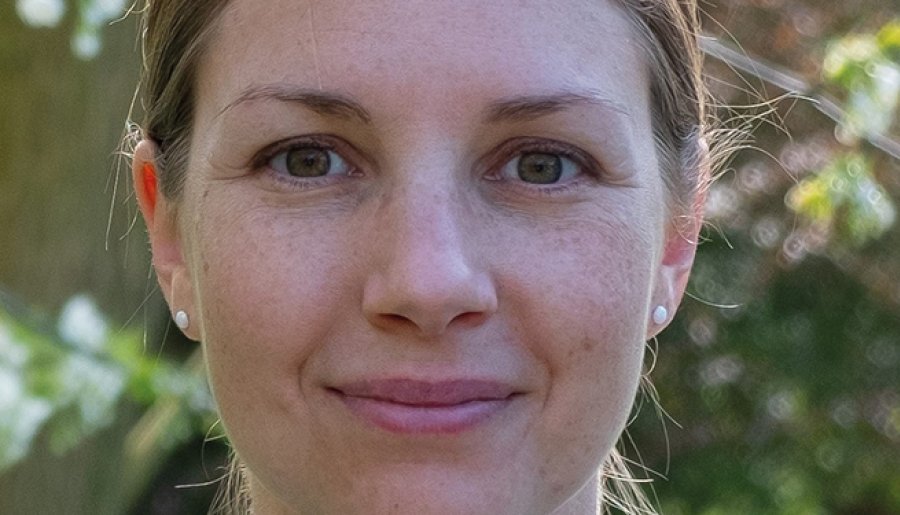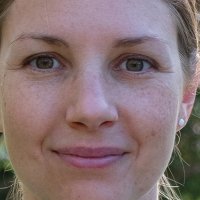The key scientific findings are general knowledge to academics of all disciplines: human activity causes global warming [1, 2] and environmental degradation via pollution [3], habitat destruction [4], overexploitation, and the introduction of invasive species [5]. The risk of another global pandemic is becoming more severe [6]. The negative impacts of these processes are increasing and disproportionately borne by those who are least responsible for causing them [7]. And still, the level of new greenhouse gas emissions has never been higher than in the year 2023 [8]. Despite numerous political pledges, the crisis progresses, threatening all of the natural world, including human societies.
Public universities in the Netherlands have a dual responsibility: primarily funded by taxpayers’ money, they provide spaces for young people to get educated, to develop, and to prepare for their professional careers. Simultaneously, universities produce knowledge, adhering to scholarly and scientific principles. This dual role puts them in an ideal position to be at the forefront of climate action – hosting a research community that can inform policy makers about mitigation strategies, and nurturing students who can advocate for and implement planet-friendly solutions in their personal and professional environments.
Lees dit artikel verder onder Download.
Download
- Onder professoren - Julia Schaumburg .pdf • 0,36 MB

